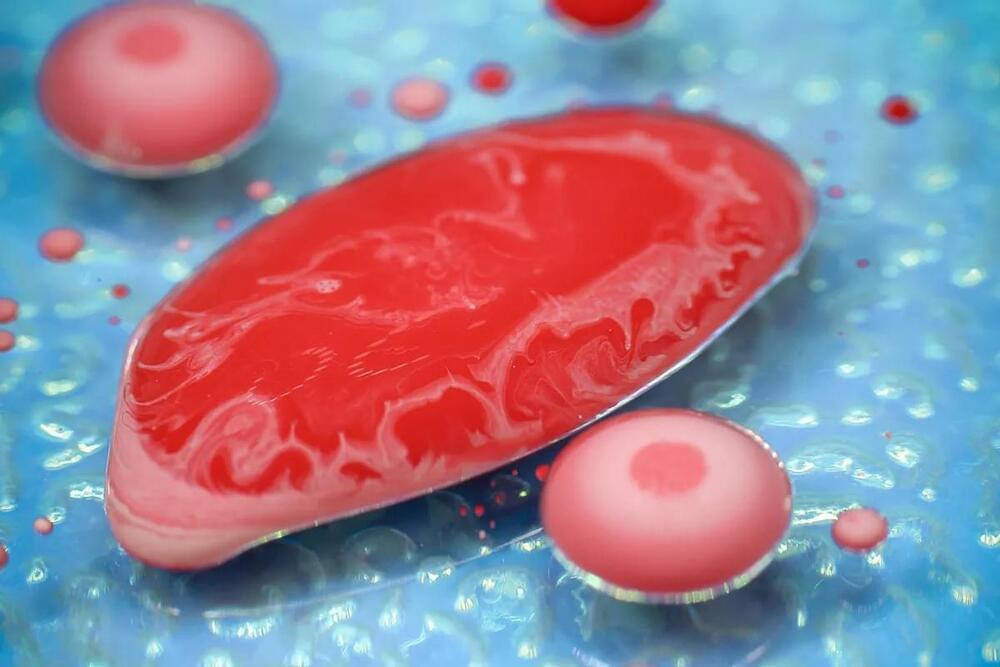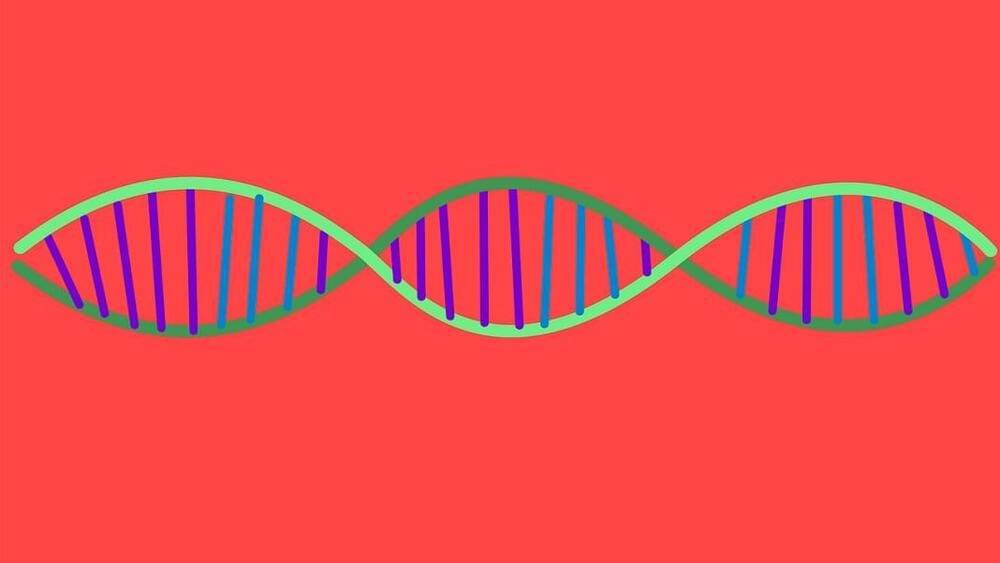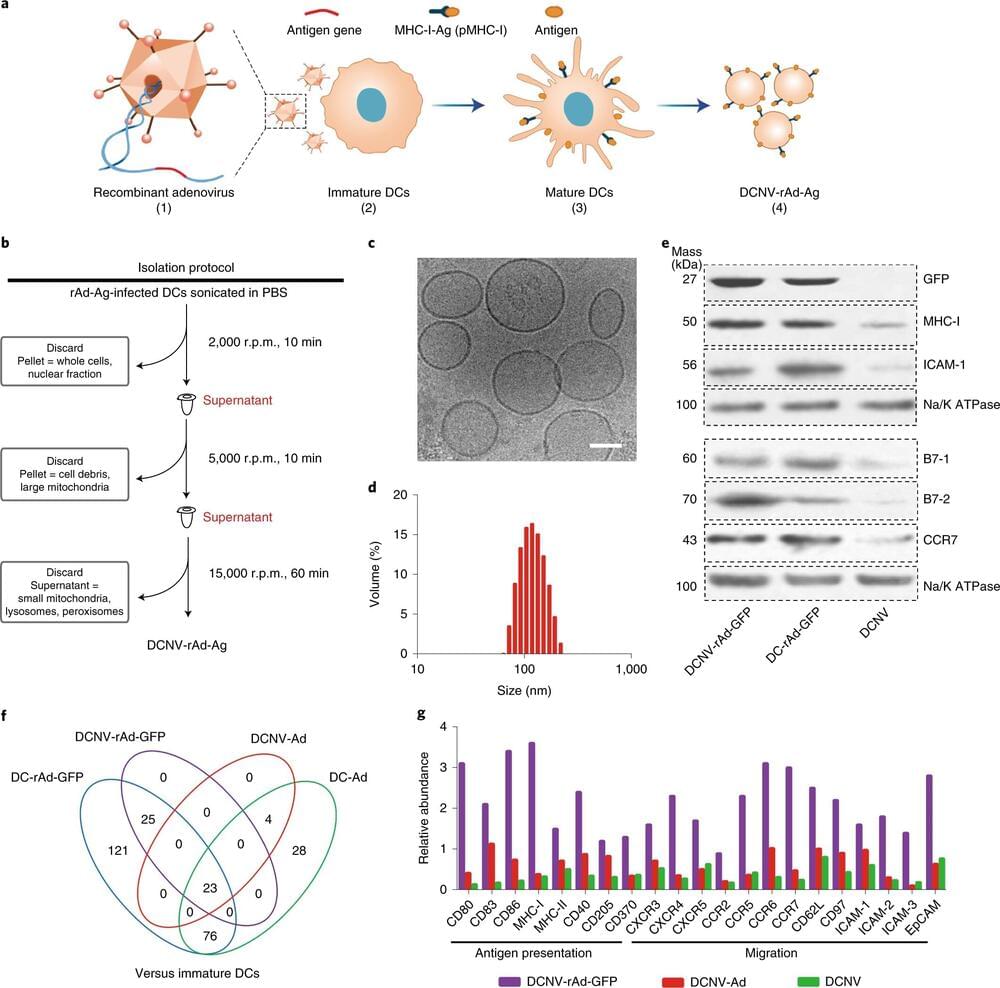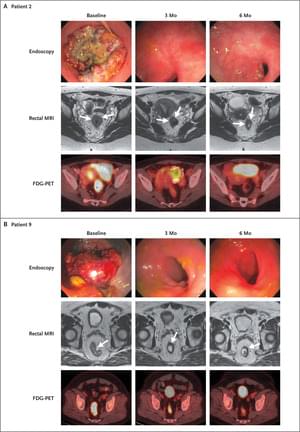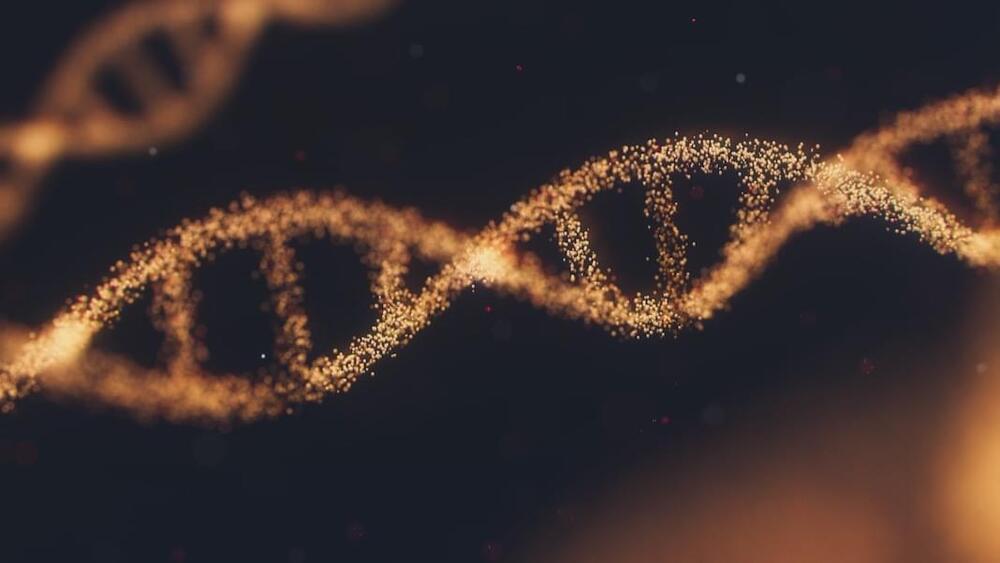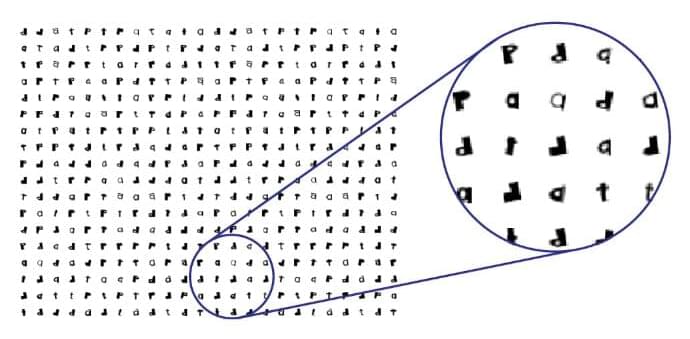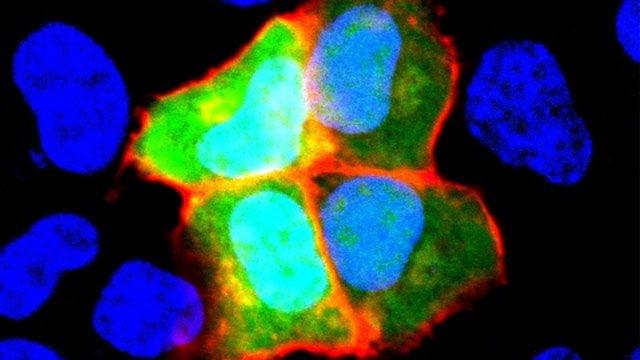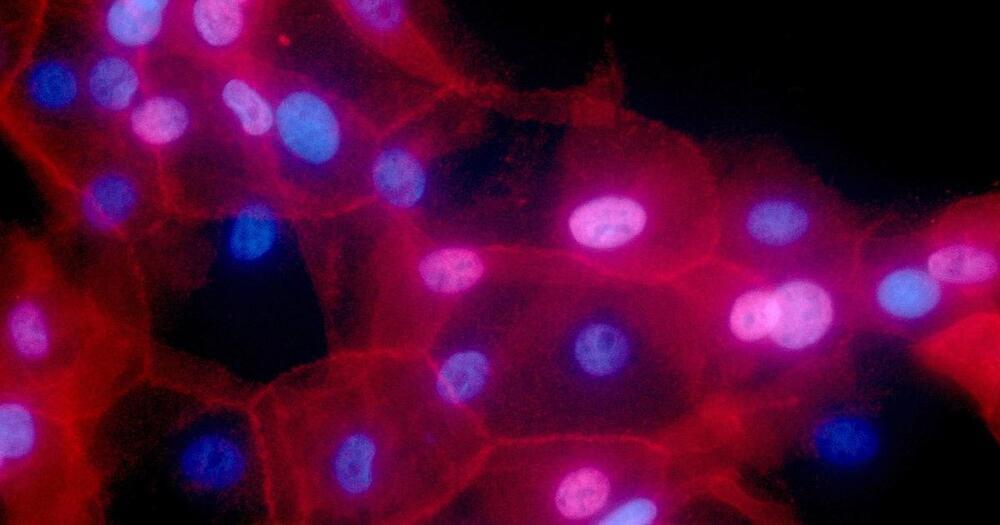Jun 8, 2022
Cellular secrets unlocked by researchers lead to new theory for aging
Posted by Kelvin Dafiaghor in categories: biotech/medical, genetics, life extension
New research has uncovered how genetic changes that accumulate slowly in blood stem cells throughout life are likely to be responsible for the dramatic change in blood production after the age of 70.
The study, by scientists at the Wellcome Sanger Institute, the Wellcome-MRC Cambridge Stem Cell Institute and collaborators, has been published in the journal Nature.
Longevity. Technology: Has our understanding of one of the mechanisms of aging taken a quantum leap? Molecular damage accumulates throughout our lives, gradually increasing year-on-year as we suffer telomere attrition, mutation, epigenetic change and oxidative and replicative stress. It’s a double whammy as our ability to repair this damage also declines as we age, but given the gradual nature of these processes, why, as the paper authors themselves put it, “Is there an abrupt increase in mortality after 70 years of age? [1]”.
